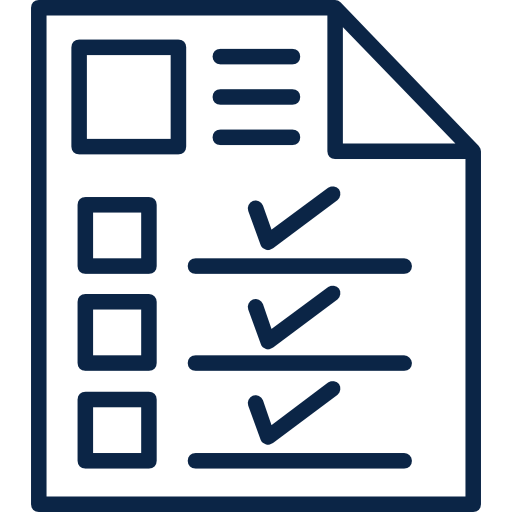When an Escrow is an Impound Account
Escrow or Impound?
Some loan scenarios require the buyer to have an impound account with their mortgage. These impound accounts are often also referred to as escrows or escrow accounts, but these escrows aren’t those escrows. For other loans, an impound/escrow account is an option. What is an impound account and should you get one?

©Chaylek/Adobe Stock
Impound Accounts are Awesome Until You Learn…
- The impound account holder (not you) is NOT responsible if they forget to pay your bill on time.
- The escrow account holder (not you) is NOT required to tell you when they’ve made the payment (they can, they generally will if you call, but the work is on you not them).
- The impound account holder (not your) is NOT responsible for any documents they receive that should be sent to you.
- It doesn’t matter who makes the mistake, if a payment to a company paid out of the impound account is late, missing, or otherwise not correct the burden is generally on you to fix the mistake and pay any penalties. Good luck trying to get reimbursed by your bank.
- You won’t earn interest on any of your impounded funds nor can you borrow against them or otherwise leverage them.
Why Do Impound Accounts Exist?
The mortgage payment isn’t the only cost that a homeowner has. Totally monthly costs are often referred to as PITI, which stands for principal + interest + taxes + insurance. Principal and interest are your mortgage payment. Property taxes are paid to the city/county the property is located in, and hazard insurance is paid to the insurance company the buyer has selected for their insurance.
A lender doesn’t want any of the other payments, especially the taxes, to go unpaid. The way a lender can ensure that these other payments are made is to collect them with your mortgage payment, then pay taxes, insurance and other recurring costs on your behalf. Impound accounts offers lender certainty that the buyer is making their entire monthly housing payment.
For a buyer, an impound account can help you avoid the hassle of writing and mailing out monthly checks for things like your property taxes and insurance premiums and can help with monthly budgeting... and that’s really the only nice thing we have to say about them.
Optional or Mandatory?
For loans with high LTV ratios (loans with small down payments) a lender may require an impound/escrow account. The smaller the down payment a buyer has, the bigger the risk a lender assumes. Lenders want to minimize their risk, so with these loans they will often require impound accounts, dramatically reducing the bank’s risk of default because property taxes aren’t paid or of losing their collateral (the home) in a fire because hazard insurance wasn’t paid. If your lender requires it, you’ll be getting one and you’ll like it!
If it is an option, our experience in SF real estate suggests that it is better to handle these payments yourself. Impound accounts were made for an era of paper statements and mailed checks. Unless it is mandatory, internet banking and other modern tools mean it generally makes sense to decline an impound account.
Get in touch!





